
Article by BR Tabatha
How do you choose your makeup brushes? Brand? Price? Design?
Choosing the right brush can make the difference between ok makeup application and a flawless finish like that achieved by the pros. But with so much choice (#firstworldproblems) just how should you choose a makeup brush?
Why does quality matter in a makeup brush?
To answer this it's probably easier to look at the negatives of a lower quality brush:
- Uneven bristles mean an uneven application of makeup.
- Bristles fall out easily - a nightmare if you're applying cream based products.
- Bristles may be rough on the skin.
- They generally don't hold their shape - even less so when you wash them.
- The glue that holds the bristle pod to the handle rarely binds for long.
High quality brushes will help achieve an even application, blend evenly, will be good for your skin and will last years.
So do I need to spend more to get a better brush?
Not necessarily, you can probably tick quite a few of the requirements on a lower budget brush - but you'll almost definitely end up replacing it sooner than you would a more expensive brush.
Is it best to buy a brush set or individual brushes?
Look at what you use brushes for - do you wear a full face daily or do you only use a couple of brushes on most days?
Brush sets are generally more economical, but like any set, there's always one you'll think is a dud. Our tip is this - if you use lots of different brushes daily then it's probably best to buy individual brushes so that each one is perfect for what you want it to do.
What's with the natural vs synthetic bristle debate?
Ok, so the first choice will be do you want natural or synthetic bristles. Here's a breakdown of the two:
Natural:
- Natural bristles have cuticles just like the hair on your head. This helps pick up and move pigments and oils from products to the perfect position on your face.
- They're particularly great for powder products.
- They're smooth and soft, perfect for sensitive skin.
- Natural bristles are made from animal hair (you might have guessed) such as sable or pony hair, so if you're Vegetarian or Cruelty Free you'll want to look for specific animal friendly labels.
Synthetic:
- Synthetic bristles are non-porous so they don't soak up liquid products. Using synthetic bristles will save you product.
- Synthetic bristles are great for applying eyeliner, again because they're non-porous.
So what do I need to look for in a brush?
- Look at the size of the brush head - will it meet your needs? If it's something like a powder brush, the bigger the brush the less time you'll spend dipping it back in the pot. For say an eyeliner brush, the finer the better.
- Bristles should be soft and smooth and densly packed in the head.
- Run the brush across your arm - if it loses bristles do not buy it.
- Unless it's a finishing brush (like a Kabuki) you'll want your bristles to be slightly firm when you push down.
- Look for a domed shaped, rather than a straight edge. This will ensure the brush rolls, rather than drags. across the face.
- Check the head to handle join. The last thing you want is a wobbly brush head. Or one that loses all adhesiveness after one wash.
- Smaller handles will give you more control.
Whatever brushes you buy just remember to do your part in maximising it's lifespan by looking after them correctly. Don't stand them head-down, don't pull on the bristles and wash them at least once a week!
So there's what we think you should be looking for in your makeup brushes. How do you choose yours? Is price or brand the determining factor or do you shop around to find the perfect tool for the job?
Get chatting below!


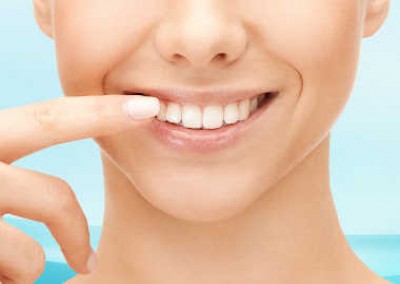

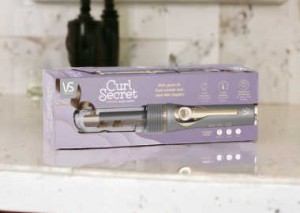

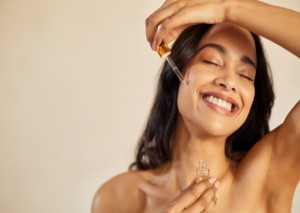
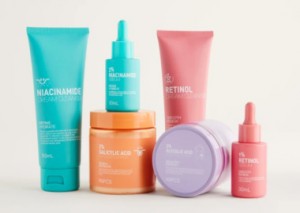



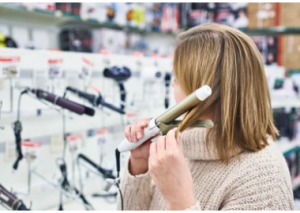

I’m starting to buy individual brushes more now.